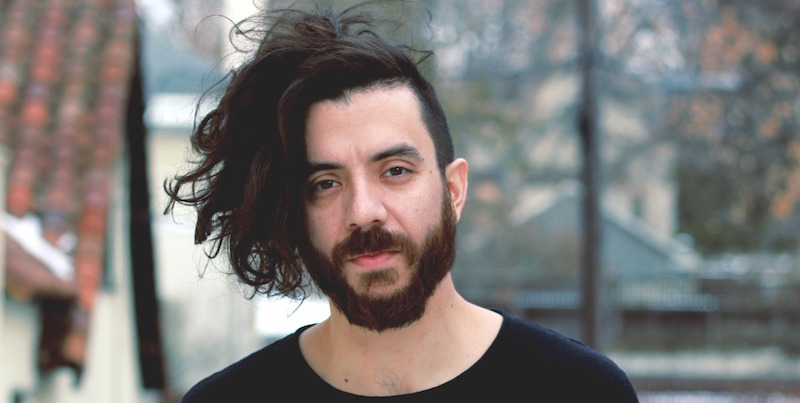Kaveh Akbar on Questioning Goodness
In Conversation with Mitzi Rapkin on the First Draft Podcast
First Draft: A Dialogue of Writing is a weekly show featuring in-depth interviews with fiction, nonfiction, essay writers, and poets, highlighting the voices of writers as they discuss their work, their craft, and the literary arts. Hosted by Mitzi Rapkin, First Draft celebrates creative writing and the individuals who are dedicated to bringing their carefully chosen words to print as well as the impact writers have on the world we live in.
In this episode, Mitzi talks to Kaveh Akbar on his new novel, Martyr!
Subscribe and download the episode, wherever you get your podcasts!
From the episode:
Mitzi Rapkin: Your character was so interested in this idea of if he was a good person or not. You write that he believed he was a fundamentally bad person. And there were other points in the book where he was contemplating goodness. And I’m curious about that question for your character.
Kaveh Akbar: What contemporary American isn’t governed by that question, right? I mean, we’re all wincing as we order toothpaste from Amazon, or as we put gas into our car, or whatever, you know, I’m wearing a Nike hoodie right now fully aware of the harm that Nike has wrought across the world, right? I mean I’m living on stolen land fully aware that it’s stolen land, right? There’s no one who is not complicit in the violence of empire, or no one that I’ve met alive today. And I’m so much more, endlessly more interested in art that says, I’m complicit and so are you. What do we do about it? More interested than in art that says, I’m good and these people are bad, be more like me. And I think it’s very soothing to metabolize that latter type of art. I think it’s very soothing, in that it vents a kind of neoliberal guilt. If you read a book that says people like this are the bad ones, then you are tacitly a good one for reading that book, right? You’re sort of like inoculating yourself against the harm that it describes. Or you’re saying, well, since I have borne witness to this testimony, now I’m exonerated from the harm that it describes. And I’m interested in what that guilt might have otherwise applied itself towards had it not been vented in that way.
***
Kaveh Akbar‘s poems appear in The New Yorker, The New York Times, Paris Review, Best American Poetry,and elsewhere. He is the author of two poetry collections: Pilgrim Bell and Calling a Wolf a Wolf, in addition to a chapbook, Portrait of the Alcoholic. He is also the editor of The Penguin Book of Spiritual Verse: 100 Poets on the Divine. In His novel is called Martyr! He is also the Poetry Editor of The Nation. Akbar was born in Tehran, Iran, and teaches at the University of Iowa and in the low-residency MFA programs at Randolph College and Warren Wilson.




















